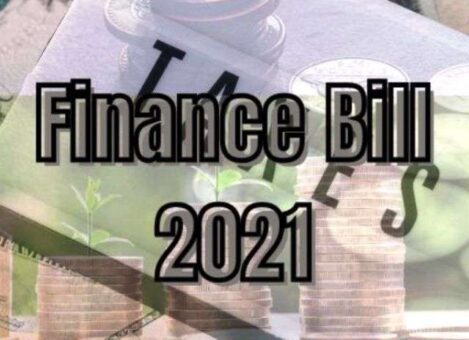ISLAMABAD: The Federal Board of Revenue (FBR) has revised upward the valuation of immovable properties in Karachi for collection of withholding tax.
The FBR issued SRO 1551(I)/2021 on Thursday to notify the revised valuation of immovable properties in Karachi effective from December 01, 2021.
The FBR previously issued SRO 120(I)/2019 dated February 01, 2019 to revise the valuation of immovable properties in Karachi.
In the latest valuation tables for the city, the FBR added amenity plots for the valuation purpose.
Following are the new and old
New revised Immovable Property Valuation Tables for Karachi
Old immovable property valuation tables for Karachi.
The FBR said:
(i) Values in the above Table are in rupees;
(ii) Value is per square yard of the covered area of ground floor plus covered area for the additional floors;
(iii) Commercial property built up value is per square yard of the covered area of the ground floor plus covered area of the additional floors, if any;
(iv) built up industrial property value is per square yard of the plot area per square foot;
(v) the value in respect of a residential building consisting of more than one storey shall be increased by 25% for each additional story i.e. value of each storey other than ground floor shall be calculated @25% of the value of the ground floor;
(vi) a property which does not appear to fall in any of the categories shown in the Appendix below shall be deemed to fall I the adjacent lowest category of the Appendix;
(vii) whether the land has been granted for more than one purpose. viz residential, commercial and industrial, the valuation in such a case shall be the mean/average prescribed rate;
(viii) a flat means the covered residential tenement having separate property nit number/sub-property unit number;
(ix) in a residential, multi-storey building, the additional storey shall be charged if it consists of bedroom and bathroom;
(x) the rates for basements of built-in commercial property in categories I,II,II and IV shall be Rs. 13,500 per square yard; and
(xi) High Rises at Serial Number No. 37 of Appendix means a building with Storeys above ground plus five.



